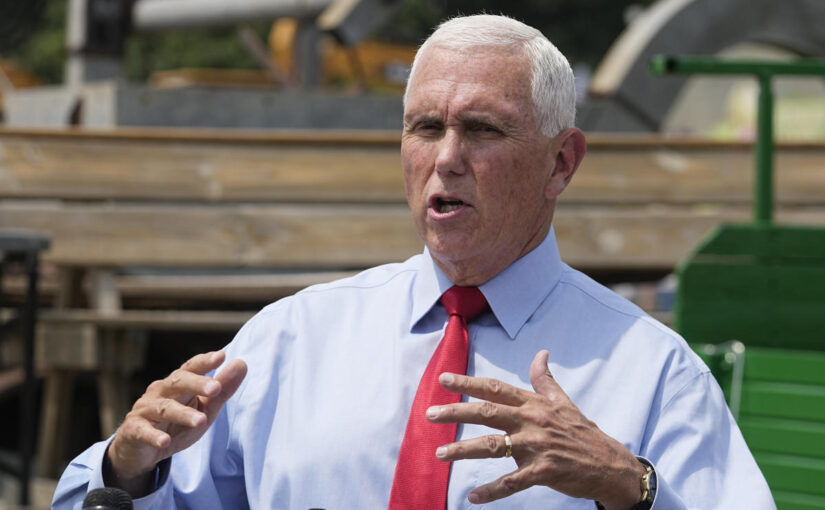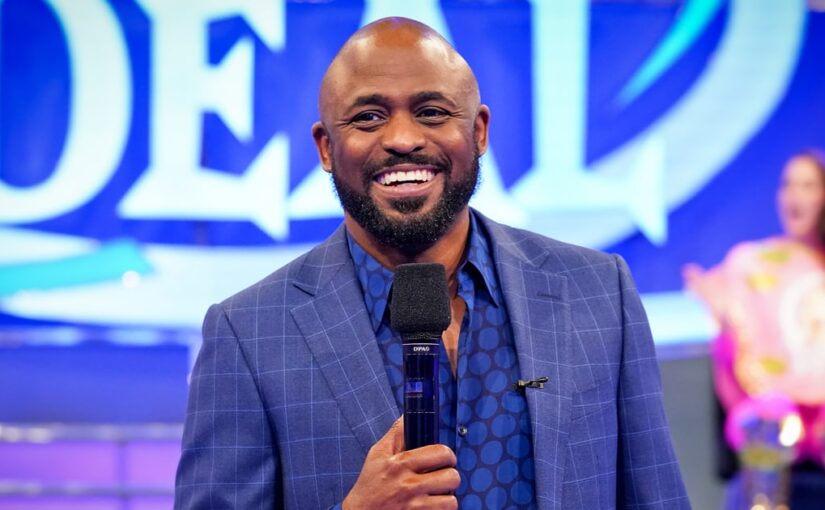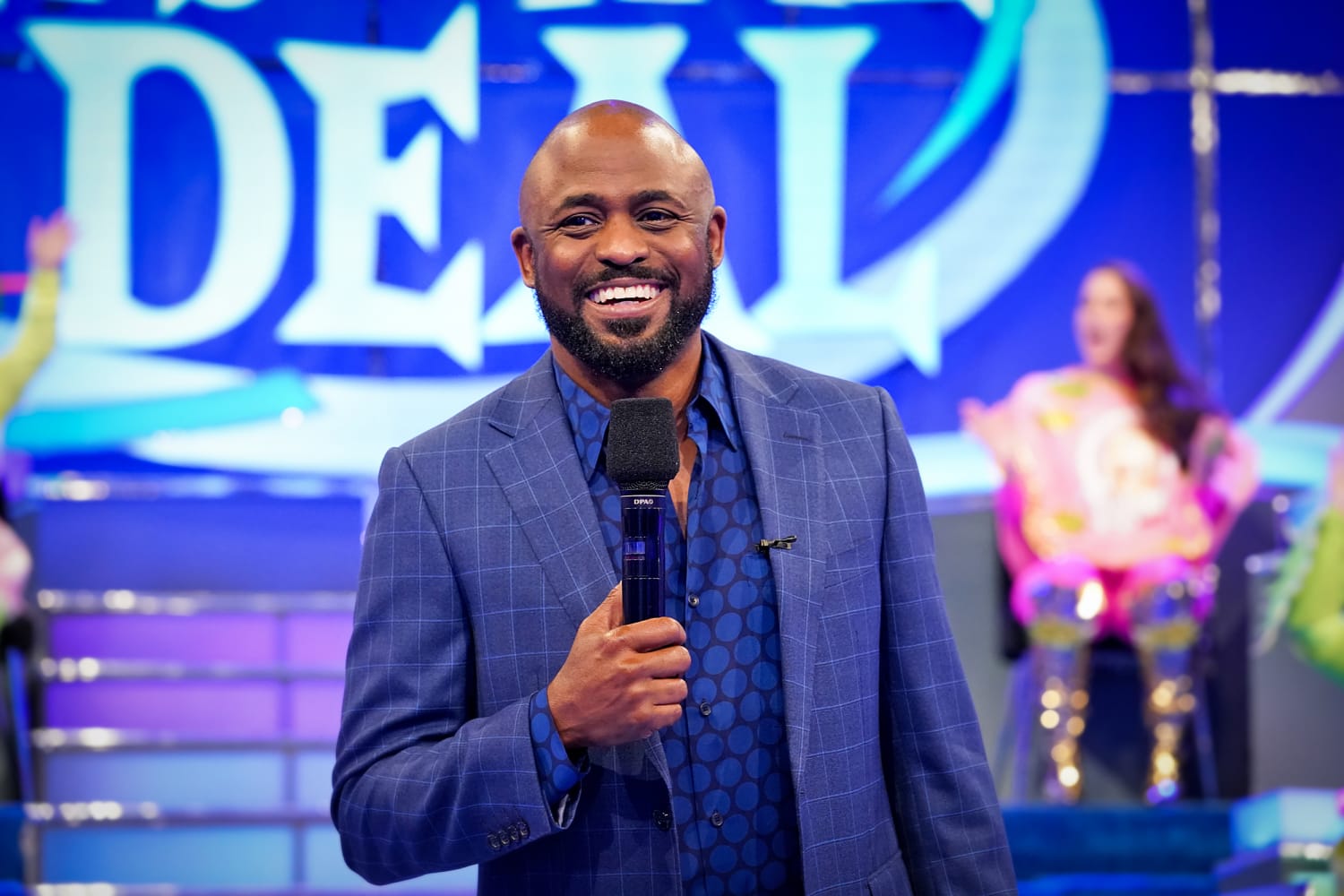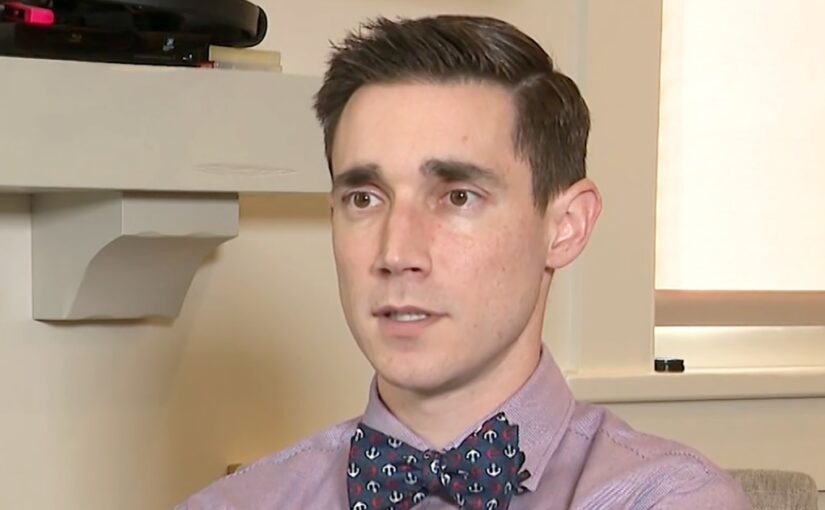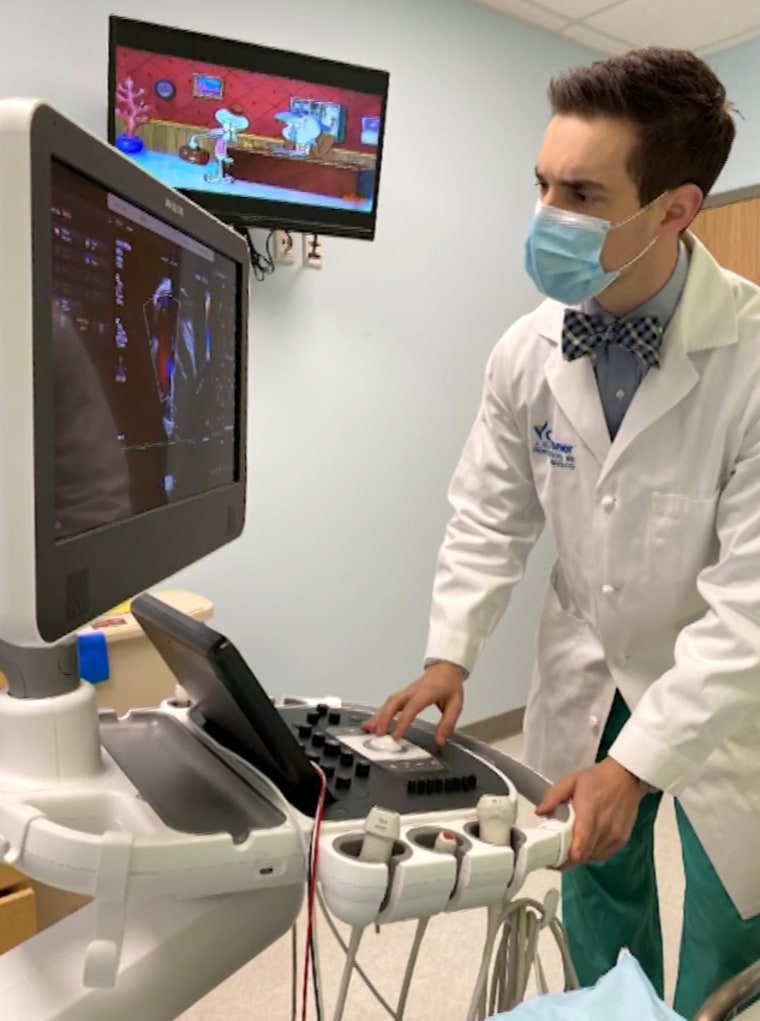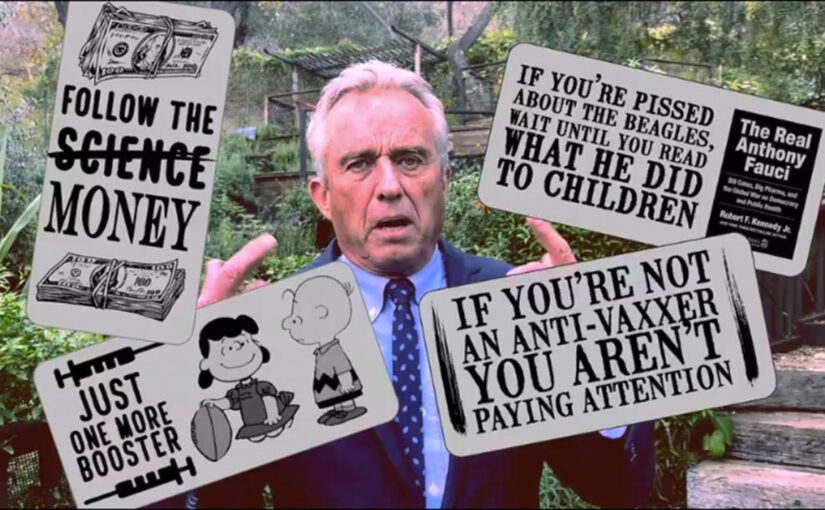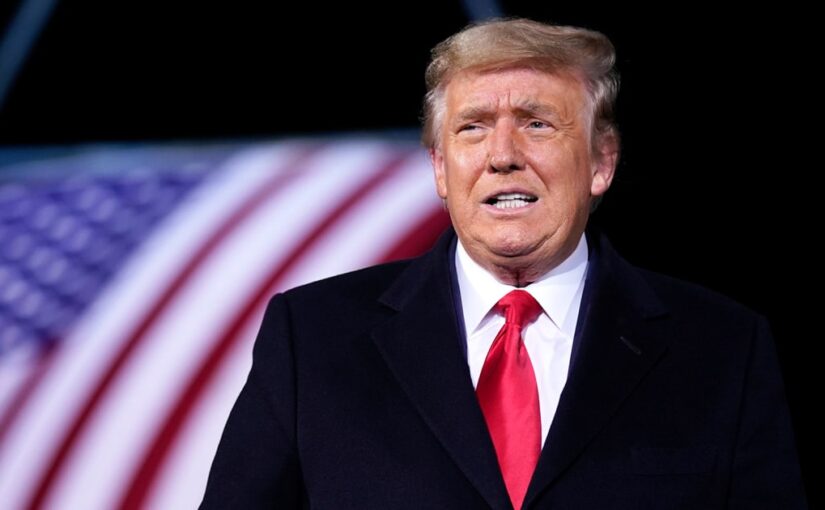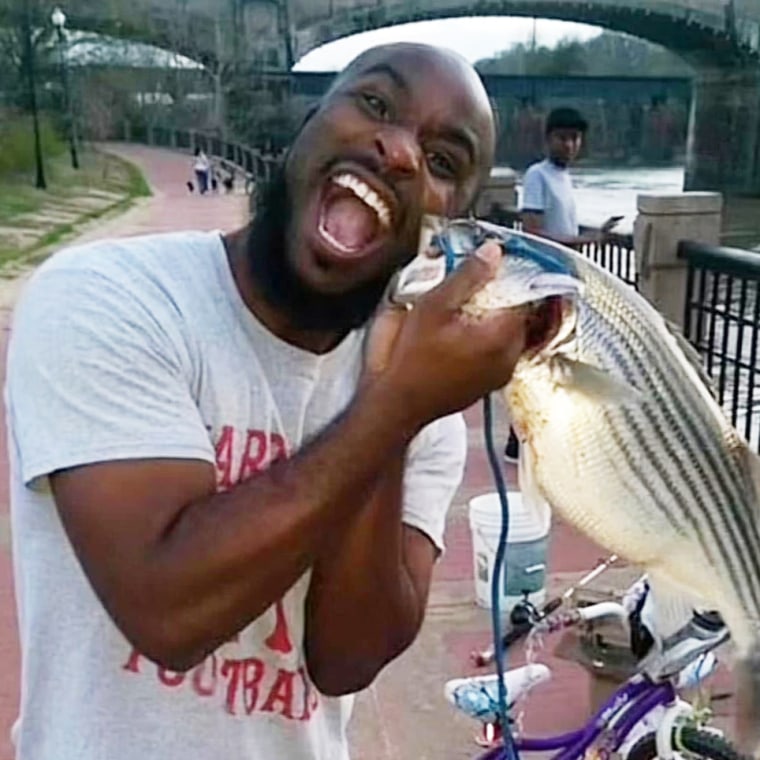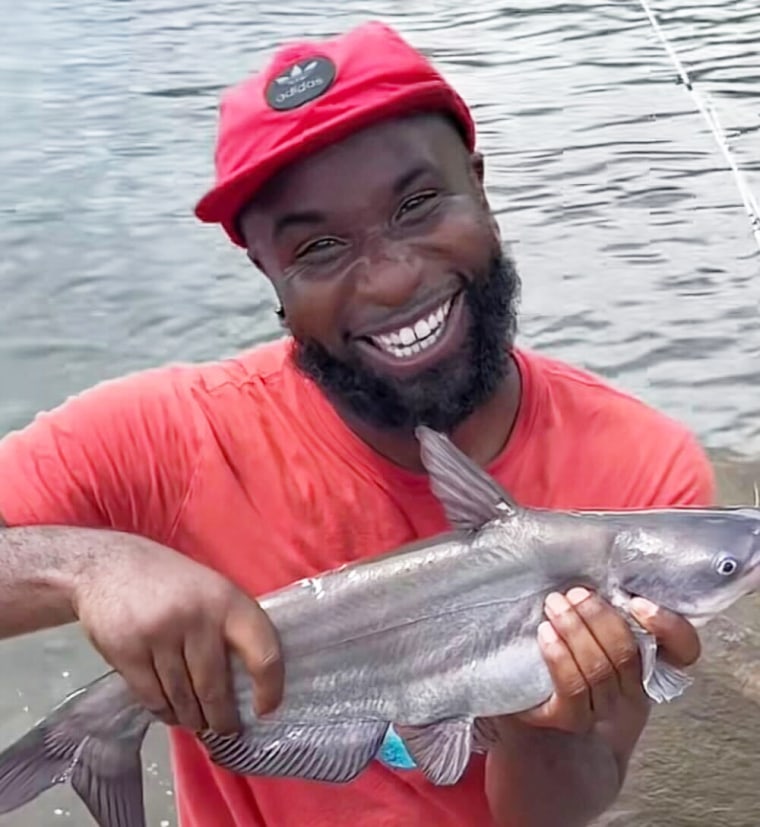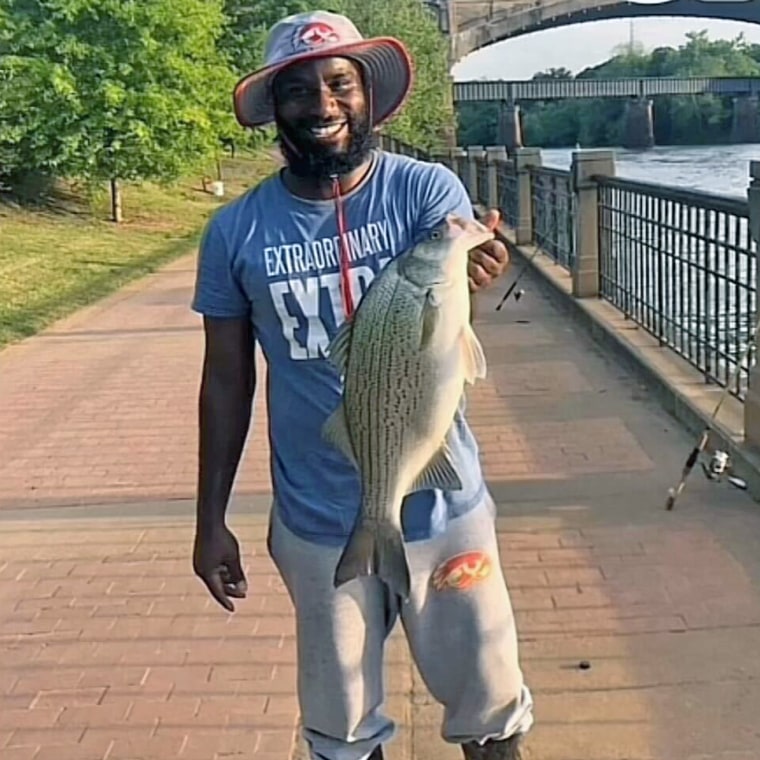Eastern Ukraine — Ukraine’s President Volodymyr Zelenskyy met our CBS News team at an undisclosed, bombed-out building in the far east of his country. Bombed-out buildings aren’t hard to come by here.
With spring approaching, Zelenskyy said Ukraine‘s forces had managed to hold off Russian advances through the worst of the winter months.
“We have stabilized the situation. It is better than it used to be two or three months ago when we had a big deficit of artillery ammunition, different kinds of weapons,” he said, “We totally didn’t see the big, huge counteroffensive from Russia… They didn’t have success.”
“We need help now”: Zelenskyy says Russian offensive looming
But Zelenskyy acknowledged that the invading Russian troops and their seemingly endless supply of missiles and shells had destroyed “some villages.”
“We didn’t have rounds, artillery rounds, a lot of different things,” he said, stressing that while his troops have managed to keep the Russians largely at bay up to now, they’re not prepared to defend against another major Russian offensive expected in the coming months.
That, he said, was expected around the end of May or in June he said.
“And before that, we not only need to prepare, we not only need to stabilize the situation, because the partners are sometimes really happy that we have stabilized the situation,” Zelenskyy said of the U.S. and Ukraine’s other backers. “No, I say we need help now.”
In what has become a grinding artillery war of attrition, Russia not only has the upper hand with more firepower, but also firepower with a longer reach.
“In Bakhmut and Avdivka and Lysychansk and Soledar and so on, it was really hard to fight the adversary, whose artillery shell can fire 20-plus kilometers, and [our] artillery shell is 20-minus,” he said.
With heavily armed soldiers keeping watch on the horizon, we joined Zelenskyy as he inspected freshly dug underground bunkers in Ukraine’s northeast, on the outskirts of the city of Sumy, no more than 15 miles from the Russian border.
The entire area is on a war footing in response to a significant buildup of Russian troops just across that border, and attacks on nearby villages, Zelenskyy told us.
“Usually, when they attack by artillery and destroy the villages, after that, they always tried to occupy,” he said. “We don’t know what will be tomorrow. That’s why we have to prepare.”
Zelenskyy on the stalled U.S. aid, and why Ukraine needs it
He said what’s needed most are American Patriot missile defense systems, and more artillery. While he’s grateful for the billions of dollars in U.S. support his country has already received, he said the nature of the funding dedicated by the American government to help Ukraine must be put into perspective.
“Dozens of billions remain in the U.S.,” he said. “Let’s be honest, the money which is allocated by the Congress, by the administration, in the majority of cases, 80% of this money — well, at least more than 75% — stays in the U.S. This ammunition is coming to us, but the production is taking place there, and the money stays in the U.S., and the taxes are staying in the U.S.”
“Yes, it’s a huge support coming to us, but we need [it],” added the president.
With lawmakers in the U.S. still wrangling after months of partisan gridlock over a $60 billion aid package, Zelenskyy acknowledged that the war in Gaza had refocused global attention — and U.S. aid — away from his country’s struggle.
“First and foremost, we understand that this is a humanitarian disaster,” he said. “Of course, it took the attention from Ukraine in the information field. It’s a fact, and when you lose the attention from your region to other regions, then it’s obvious that you don’t see the view focused and it’s good for Russia.”
And the shift in the world’s attention is not all that President Vladimir Putin has sought to exploit, Zelenskyy said. It came as no surprise to him when the Russian leader pointed a finger at Ukraine, claiming it had somehow supported the terrorist attack near Moscow that killed 139 people on March 22. ISIS claimed responsibility for the carnage, and U.S. officials say they’ve seen nothing to cast doubt on that claim.
“Even after ISIS took responsibility!” marvelled Zelenskyy, dismissing Putin’s insinuations as “ridiculous.”
“He doesn’t care whether it’s a terrorist act, an economic act, the oil industry or any of these spheres,” Zelenskyy said the Russian leader, accusing him of “using that to unite his society as much as possible — even what has taken place in Moscow, with so many casualties and wounded people, he’s using all of that just for the one objective to justify that Ukraine does not exist.”
We asked whether the war could be won with Putin still in power. Zelenskyy accepted that it would be a huge challenge, but said that village by village, winning the war would weaken Putin at home, and he warned that if Ukraine does lose, Putin won’t stop there.
Russia’s war “can come to Europe, and to the United States”
“For him, we are a satellite of Russian Federation. At the moment, it’s us, then Kazakhstan, then Baltic states, then Poland, then Germany. At least half of Germany,” he said, reiterating a warning over what he sees as Putin’s intentions that he first issued to CBS News several years ago, before Russia’s full-scale invasion even began. At that stage, Ukraine had already been fighting Russian and Russian-backed forces for years, after they pushed into the east of the country and unilaterally annexed the Crimean Peninsula.
Zelenskyy said Putin was determined to restore the former Soviet Union to its imperial glory — and its geographical borders.
“Even tomorrow, the missiles can fly to any state,” the Ukrainian leader told CBS News on Wednesday. “This aggression, and Putin’s army, can come to Europe, and then the citizens of the United States, the soldiers of the United States, will have to protect Europe because they’re the NATO members.”
Calling Russia’s invasion of his country a war “against the democracy, against the values, against the whole world,” Zelenskyy said there may be some in the West who were tired of hearing the message, “but only those are tired who are not at war, who don’t know what war is, and who have never lost his or her children.”
“The USA is helping Ukraine and we are grateful for their support, for this multilateral support, but the United States don’t have the war going on,” he said. “But it can come to Europe, and to the United States of America. It can come very quickly to Europe.”
“The 80s and then the end of the 90s – he will never forgive that,” Zelenskyy said, suggesting his Russian counterpart bears a lingering grudge over the collapse of the pre-Cold War world. “He believes in that. We don’t need to change his opinion. We need to change him. We need to replace him.”

